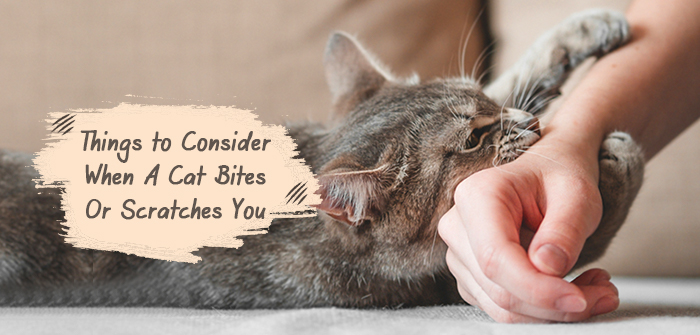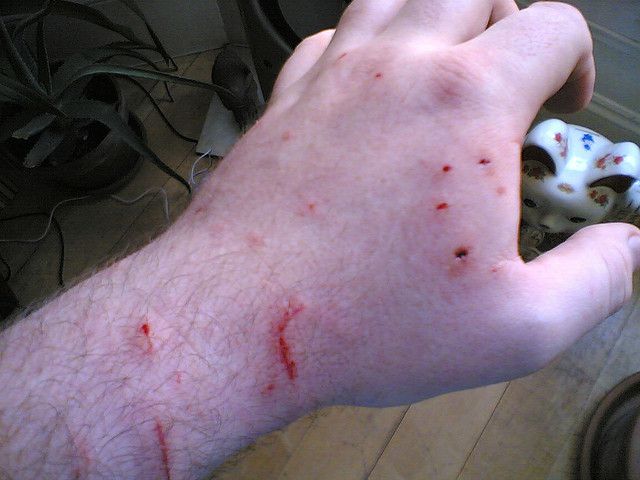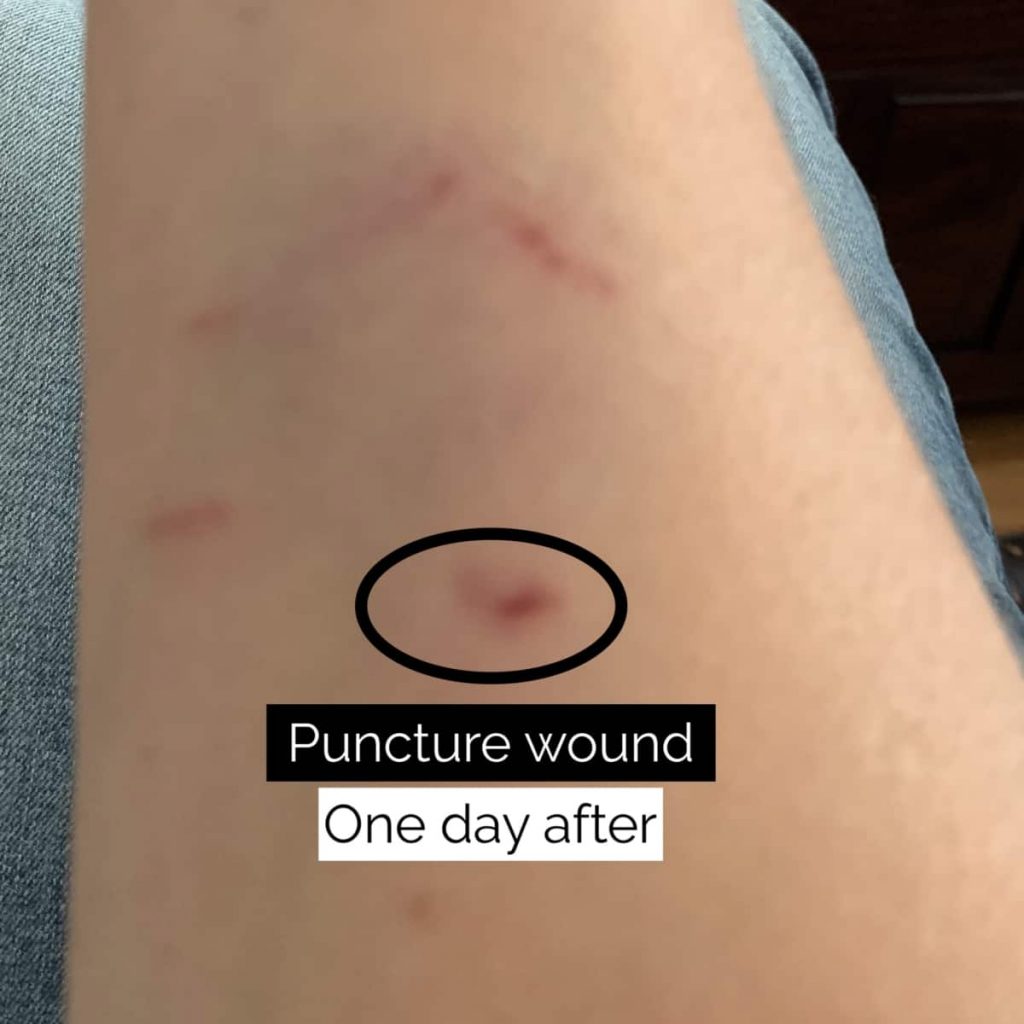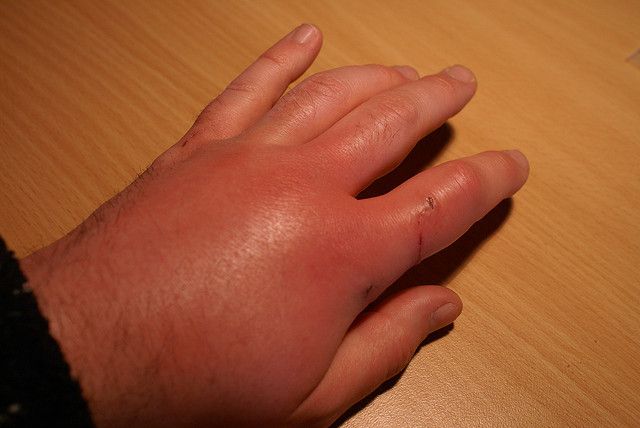Things to Consider When A Cat Bites Or Scratches You
Cats are adored and cherished in many cultures around the world. In the form of animal therapy, these lovely, fluffy beings provide emotional support for their owners and can help improve moods. However, if frightened or defensive, they may bite or scratch. Their sharp teeth and nails are capable of penetrating deep into tissues, muscles, and tendons.
While domestic indoor and outdoor cats are typically immunized against specific bacteria and diseases, stray cats (and even your domestic cat) can undoubtedly carry bacteria. The clock begins to tick when one of these cats bites or scratches you.

To reduce your infection risk, see a doctor within eight hours. You may require intravenous (into the vein) antibiotics or, in some situations, hospitalization. Infections can be serious, especially for those with diabetes or who are immune-compromised, and their risk of infection is increased.
WHAT TO DO IF YOU GET A CAT BITE OR SCRATCH?
First, try to drain out as much bacteria as possible before irrigating the wound with water.

After that, the wound should be cleaned with light soap and water. Slow the bleeding with a clean cloth and, if available, use over-the-counter antibiotic cream. The wound should then be wrapped in a sterile bandage. Until you see your doctor, keep the wound wrapped.
After seeing your doctor, change the bandage multiple times per day and keep an eye out for signs of infection, such as redness, swelling, increasing pain, and fever.
Animal bites that do not break your skin and scratches that simply touch the skin’s surface pose a low risk of infection. You should still clean the wound with soap and water, but no additional intervention is required.

Infection is very likely in puncture wounds caused by a cat bite. Hand bites pose a high risk of illness as well. If your cat has not been vaccinated against rabies, consult a doctor to determine whether you require rabies post exposure prophylactic treatment (PEP).
If the cat isn’t showing signs of rabies, PEP isn’t usually required, but the cat should be watched for at least 10 days to be sure.
WHEN TO CONSULT A DOCTOR

If a cat bite breaches your skin, you should seek medical assistance if any of the following conditions exist:
- Development of any significant infection symptoms, such as fever, chills, pus or fluid leaking from the incision, or swollen lymph nodes.
- The wound is unable to cease bleeding.
- It appears that the wound is deep or huge.
- The cat that bit you appears violent or acts abnormally.
- The cat that bit you is not vaccinated against rabies, or you are unsure if the cat is inoculated against rabies.
- You have a compromised immune system or you haven’t had a tetanus vaccine in the last 5 years.
A DOCTOR’S APPROACH TO TREATING A CAT’S WOUND
Cat wounds are frequently left exposed to heal. This helps cleansing the wound easier and minimizes the danger of infection.
Your doctor will almost certainly do the following:
- Clean the wound once more and apply antibiotic ointment.
- If an infection is suspected, prescribe antibiotics such as Augmentin.
- If your tetanus vaccine is out of date, you will be given a booster shot.
- Determine whether or not the wound requires sutures.
Remember that if you are bitten by a cat, you must respond promptly. To reduce the risk of infection, contact your doctor as soon as possible.
WOUND CARE AT HOME
A cat bite has a significant risk of infection and is potentially dangerous. Follow these measures to care for your wound at home:
- Soap and water should be used to thoroughly clean bite wounds.
- Use antibiotic ointment to treat the afflicted area.
- Wrap in a sterile bandage.
Seek medical treatment if any of the following symptoms appear:
- inflammation
- pain
- discoloration or redness
- swelling
- more significant illness symptoms, such as fever or muscle weakness
LAST WORD
If you have a pet cat, make sure to take them to the vet on a regular basis to stay up to date on vaccines. You should also teach children how to properly handle cats and to avoid doing anything that could inadvertently harm or startle a cat. When dealing with an injured or stray cat, use thick protective gloves. Keep every feline happy and healthy but be sure to avoid those teeth!

